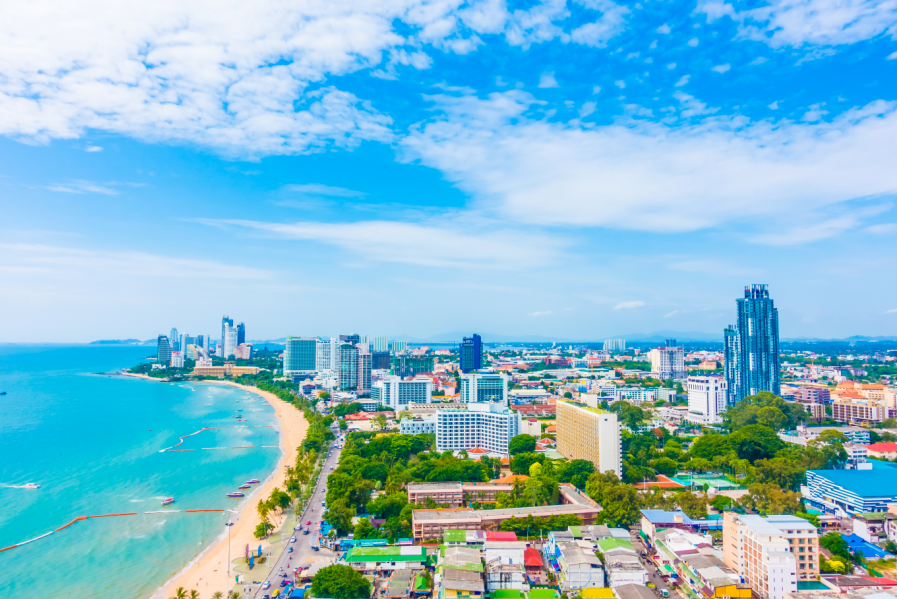
The travel industry is a huge global business that contributes more than $5 trillion to the world’s economy. Over the years, the travel industry has had to deal with terrorism, tsunamis, infectious diseases, and global recessions. Through it all, the industry has proven to be robust, resilient, and dynamic, finding innovative ways to survive the hard times.
Currently, the travel industry is in a great crisis due to the worldwide pandemic of the Coronavirus. The duration and scope of the impact are still uncertain, with the experts saying that the industry can survive a decline of one or two months, but that a more extended downturn could severely affect the entire travel industry. This is based on previous experiences with similar pandemics such as SARS in 2003 and swine flu in 2009.
Hotels, airlines, shipping companies, cruise operators, and travel agencies are some of the hardest-hit sectors in the travel industry. Most of them have suffered immediate repercussions. Airline companies are experiencing a fall in revenue due to numerous trip cancellations and travel bans put in place to curb the spread of the virus. Cruise operators have started to cancel and change their itineraries as more and more ports refuse to accept cruise ships that have been to Coronavirus hot spots.
Is there a positive effect of Corona on nature?
With day to day life put on pause to limit the spread of coronavirus, more people are at home and are spending less time in their cars, offices, and factories. This has led to a reduction in carbon dioxide emissions in most countries in the world. For example, people in Northern India say they can clearly view the Himalayan Mountains for the first time in their lives, due to the decline in air pollution. This means the air is cleaner.
In Venice, Italy, a city famous for its winding canals, the residents say the water is clearer, and the quality of water has significantly improved. This is because of the low boat traffic brought by tourists who visit every year. Additionally, with no cruise ships on the sea, dolphins, swans, and large fish have returned.
According to the calculations carried out by Zizoo, an eco-friendly boat rental firm, lower carbon dioxide emissions are expected to be seen in 2020. In 2018 the cruise industry emitted 748,713 tons of CO2, which is 14.17 percent higher than the carbon emissions in 2017 and 7.39 percent higher than those in 2016. The founder of Kreuzfahren.de, Sebastian Hosbach, has also said, “In Q1, we saw a decline in cruises, which cannot yet be measured precisely. However, we currently expect a decline of 40% compared to the previous year.”
This will lead to low emissions of CO2, an approximately 40% decrease (-24,800 T CO2) at the beginning of 2020 until mid-March. The cruise industry will almost entirely come to a halt between mid-march and end of April. This will translate to a worldwide downward trend in green gas emissions. Just 117,000 tons of CO2 will be emitted in the first four months of 2020.
Will tourism be the same in the future as it was before Corona?
Once the Coronavirus crisis comes to an end, the travel market will see a rise in slow travel. People’s desire to travel will not return immediately. And the few who decide to travel, they will become responsible travelers by avoiding crowded destinations and overtourism in general.
Eco travel will also take place. Travelers will start developing sustainable ways of holiday-making by opting for eco-friendly vacations as well as environmentally friendly traveling methods. 2020 will bring fresh challenges and opportunities to which the industry must adapt and react.
You may also like
Rules For Eco-Friendly Travelers On Long-Term Trips
4 Ways to Be More Eco-Friendly on Your Next Adventure
Best Camping Destinations in Queensland
